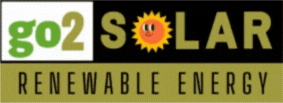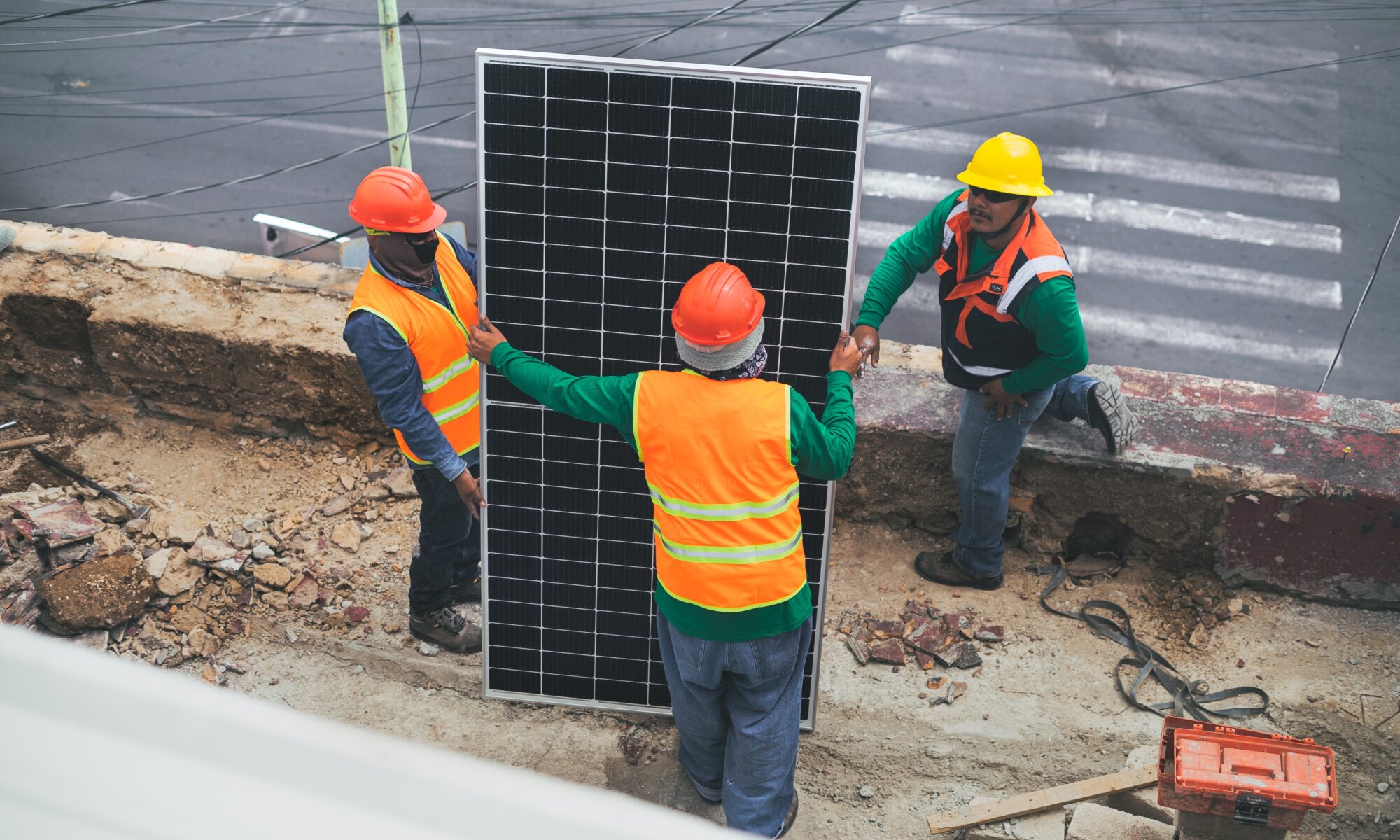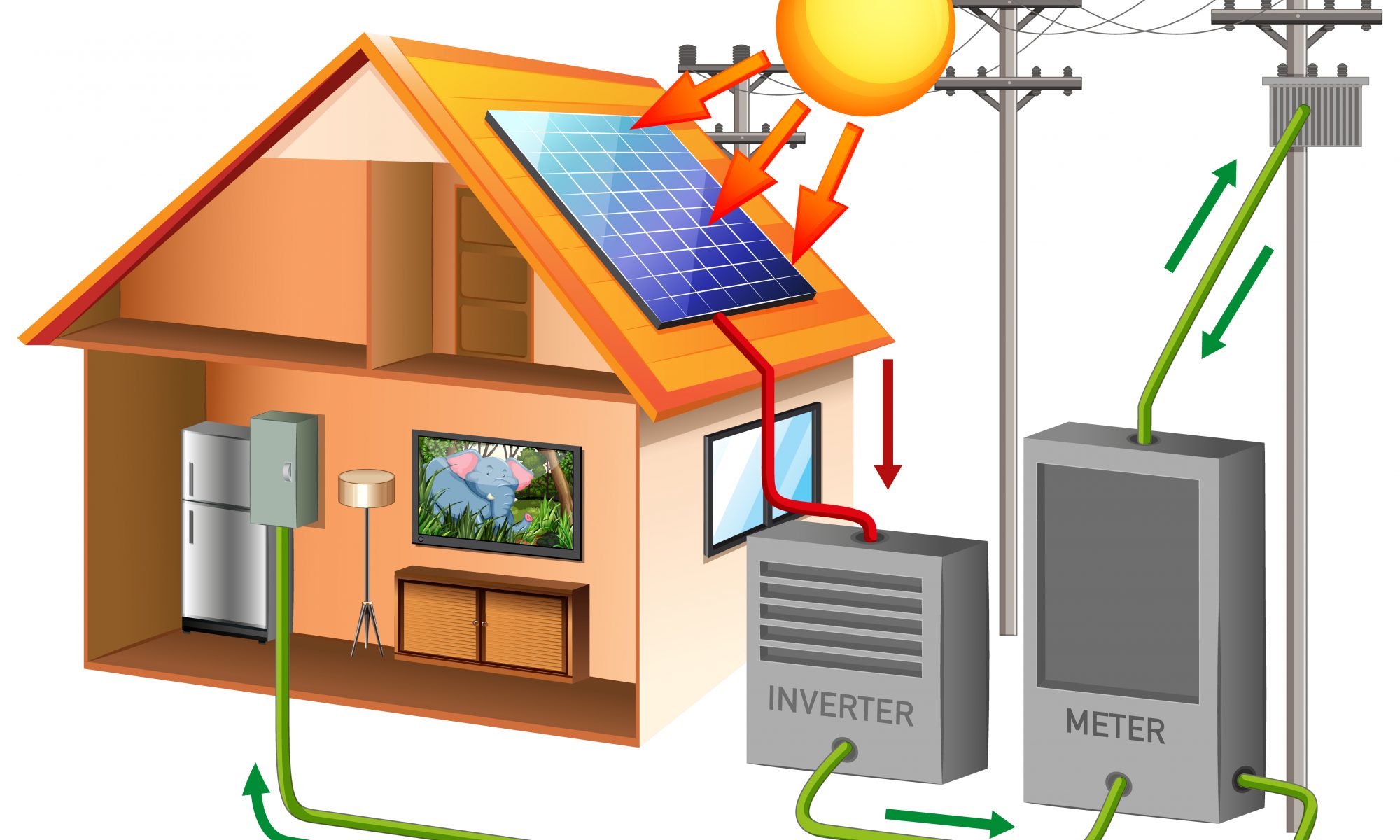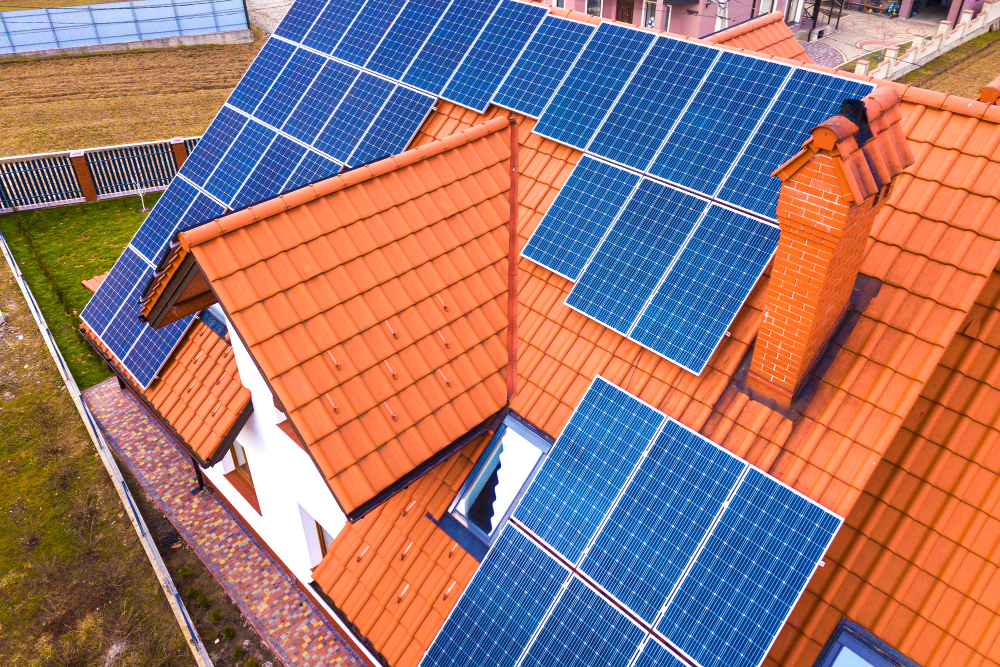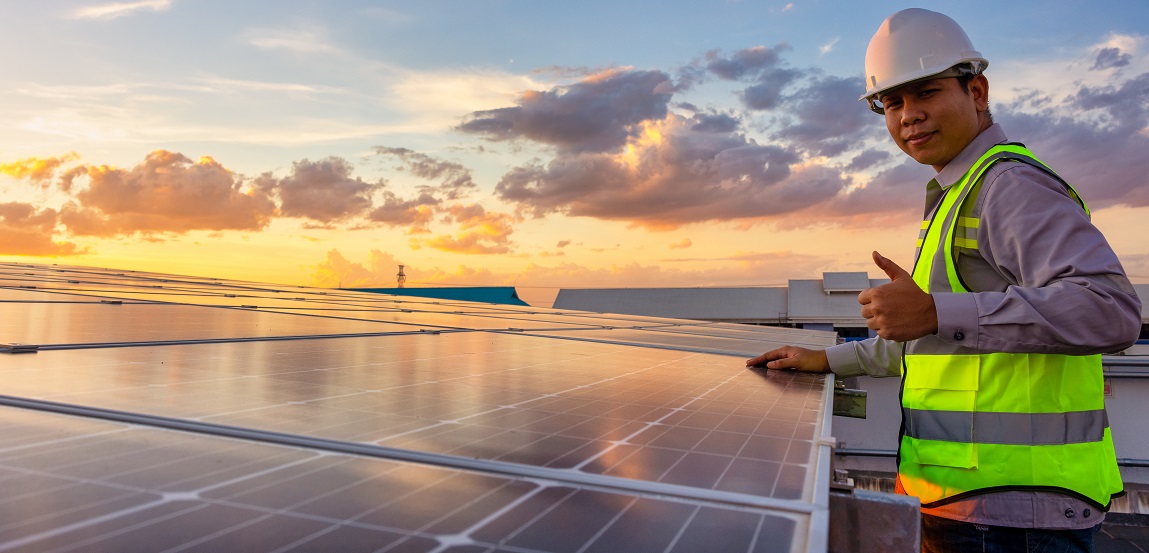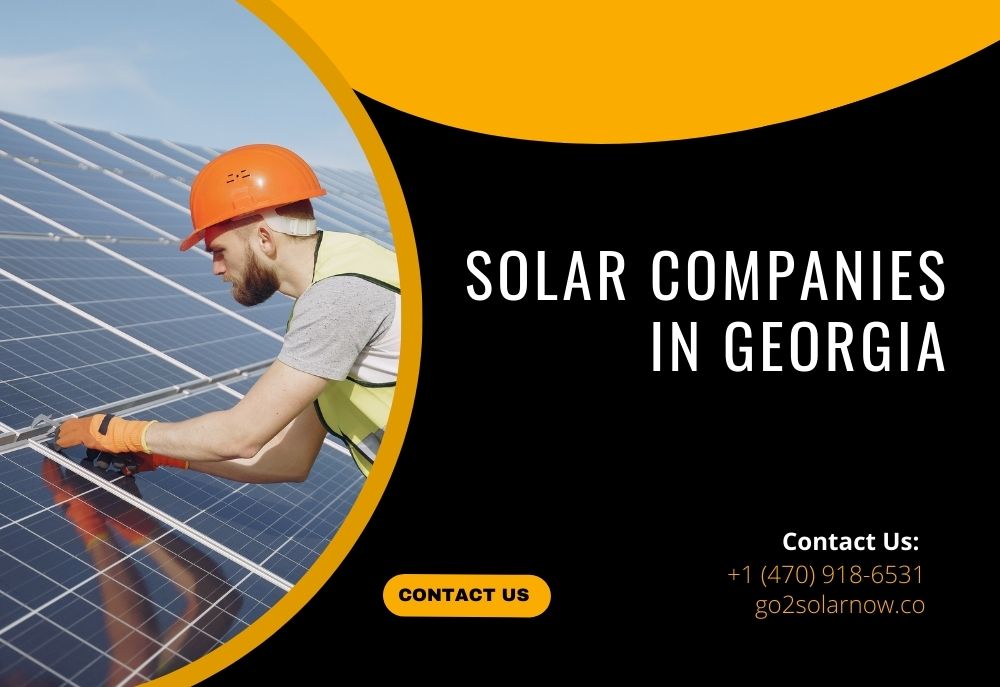Solar benefits outweigh negatives. As the world becomes more aware of the need to transition to renewable energy, many homeowners are considering going solar. Solar energy is clean, sustainable, and can save you money on your energy bills in the long run. However, despite its many benefits, there are still some reasons why someone might be hesitant to make the switch. Here are 10 reasons you might not want to go solar, and why the benefits often outweigh the negatives.
- Upfront Costs
Solar panels can be expensive to install, with the average cost ranging from $10,000 to $30,000 depending on the size of your home and the system you choose. This can be a significant barrier for some homeowners, especially those with lower incomes or who live in areas with high housing costs.
- Maintenance
While solar panels require very little maintenance, they do need to be cleaned periodically to ensure maximum efficiency. This can be a hassle for some homeowners who prefer a low-maintenance lifestyle.
- Location
Not all homes are suitable for solar energy. Homes in heavily shaded areas or those that face the wrong direction may not receive enough sunlight to generate sufficient energy.
- Weather
While solar panels can still generate electricity on cloudy days, they are less efficient in less than optimal weather conditions such as rain, snow, or hail. This can affect their overall output and energy savings.
- Regulatory Barriers
Some states or local governments have regulations that make it difficult or expensive to install solar panels. This can be a significant barrier for homeowners who want to go solar but are unable to do so due to red tape.
- Roof Condition
If your roof is old or in poor condition, you may need to replace it before installing solar panels. This can add to the overall cost of going solar.
- Homeowners Association (HOA) Restrictions
Some HOAs may have rules against installing solar panels or may limit the size and placement of the panels. This can be a significant barrier for homeowners who want to go solar but are restricted by their HOA.
- Property Value
While solar panels can increase the value of your home, some homeowners may be hesitant to install them out of fear that they will decrease their property value. This is especially true for homeowners who plan to sell their home in the near future.
- Energy Needs
If your energy needs are already low, you may not see as much of a return on investment from installing solar panels. It may be more cost-effective to focus on reducing energy usage instead.
- Aesthetics
Some homeowners may not like the look of solar panels on their roof or may worry that they will clash with the aesthetic of their home.
While these are all valid reasons not to go solar, it’s important to remember that the benefits of solar energy often outweigh the negatives. By going solar, you can reduce your carbon footprint, save money on your energy bills, and increase the value of your home. Additionally, there are many incentives and financing options available to help make the transition to solar energy more affordable. So don’t let these reasons discourage you from exploring the benefits of going solar.
In fact, Solar benefits outweigh negatives. The benefits of solar energy are so numerous that they often outweigh the potential drawbacks. Here are some of the key reasons why going solar is a smart choice for many homeowners:
- Energy Savings
One of the most significant benefits of going solar is the potential for energy savings. By generating your own electricity, you can reduce or even eliminate your reliance on the grid, which can save you money on your energy bills in the long run. In fact, many homeowners who go solar are able to recoup their initial investment within just a few years.
- Environmental Impact
Solar energy is a clean and renewable source of energy, which means that it produces zero emissions and has a minimal impact on the environment. By going solar, you can reduce your carbon footprint and do your part to help combat climate change.
- Government Incentives
Many state and federal governments offer incentives and tax credits to homeowners who go solar. These incentives can help reduce the upfront costs of installing solar panels, making the transition to solar energy more affordable.
- Increased Property Value
Studies have shown that homes with solar panels typically sell for more than those without. This means that by going solar, you can increase the value of your home and potentially recoup your initial investment if you decide to sell your home in the future.
- Energy Independence
By generating your own electricity, you can become more energy independent and less reliant on the grid. This can be especially beneficial in areas that experience frequent power outages or where the grid is unreliable.
- Long-Term Savings
While the upfront costs of installing solar panels can be high, the long-term savings can be significant. Solar panels have a lifespan of 25-30 years and require very little maintenance, which means that you can enjoy free electricity for decades to come.
- Positive Public Image
As more and more people become aware of the need to transition to renewable energy, going solar can be a way to show your commitment to sustainability and to attract environmentally conscious buyers if you decide to sell your home in the future.
In conclusion, while there are some valid reasons why you might not want to go solar, the benefits of solar energy often outweigh the negatives. By reducing your energy bills, helping the environment, and increasing the value of your home, going solar is a smart choice for many homeowners. If you’re considering going solar, be sure to do your research and explore all of the incentives and financing options available to make the transition to solar energy more affordable.
For additional knowledge on solar go to
Outbound links:
Solar | Department of Energy
https://www.nrel.gov/
Inbound link:
Knowledge Hub – Brighter Tomorrow (go2solarnow.com)
